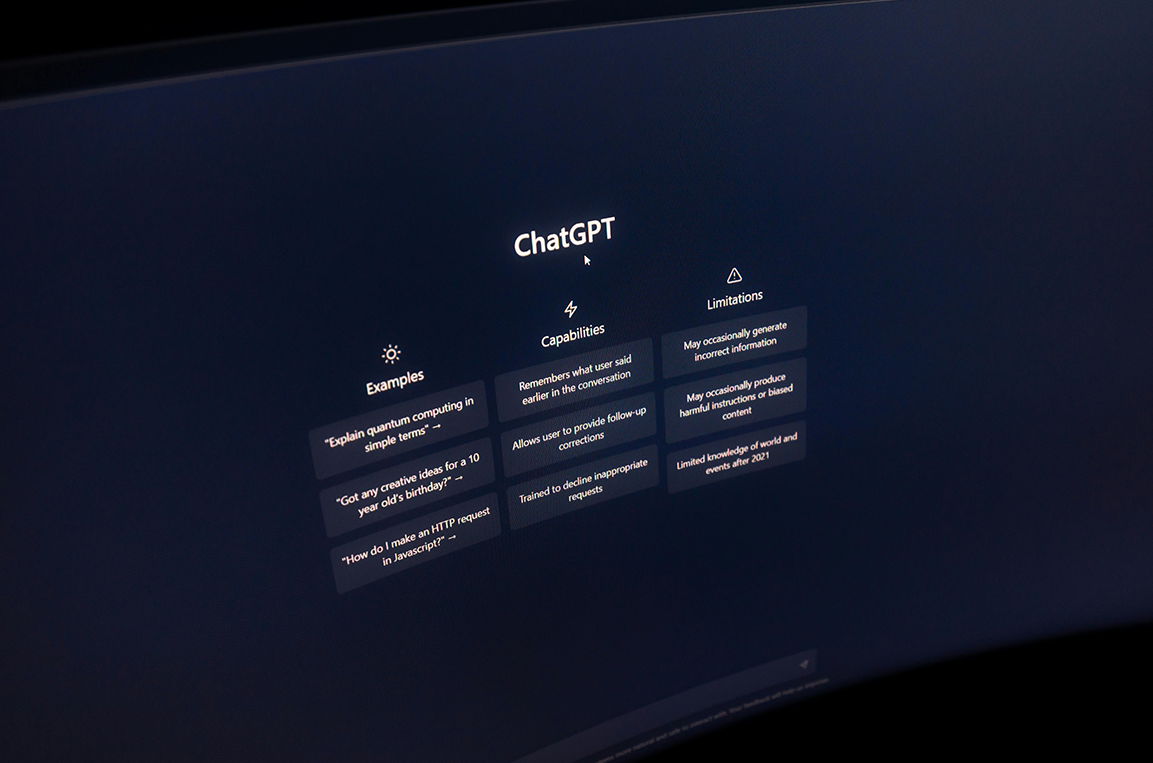
The dynamism and the will of a founder are at the origin of the creation of any company. However, during its development, it can free itself from the interests of its creator and thus modify its “history” by changing the conditions of exercise of power and collective decision-making.
In this perspective, sufficiently established governance must be in place to take these necessary steps and thus prove that the company is controlled in the sustainability of its corporate purpose. It then becomes the main challenge for a company that wishes to improve its professionalism and the continuity of its activities.
For managers, this is an ultra-sensitive subject. This can, in fact, be perceived as reserved for large listed groups, or as a form of “bureaucracy” without direct added value for the operational development of the activity.
Faced with this feeling, our experience shows that a pragmatic and balanced approach to governance is a major driver of development. Given the diversity of businesses, its principles should be applied in a realistic manner, as there is no single model.
The challenge for a manager who wants to grow his business is to accept that his intuitions and projects are challenged. The difficulty lies in the fact that growth is the result of decisions that will have to be taken on board.
Exchanging your point of view with that of your collaborators is necessary, but is it enough? Practice shows the opposite and that the “Board of Directors”, a place for exchange and debate, is a source of collective intelligence at the service of the manager/entrepreneur.
To optimize his governance, the manager must mobilize to “think and choose” the framework most suited to the situation of his company. It is not an end in itself, but a way to add value and collective intelligence to analyze strategic options in depth.
A pragmatic and balanced approach to governance is a major driver of development.
Among the conditions necessary for success, three stand out in particular:
Finally, it is worth recalling that the effectiveness of a Board of Directors requires the strong involvement of the manager himself, under these conditions he will get the best out of it for himself and his company.
Written by Alain Martel
Visconti Partners presents its advice, inspiration, and case studies to help you unlock your potential and that of your business.
View all articles

L’IA transforme le leadership et la trajectoire des entreprises. Pourquoi une formation IA pour dirigeant est un choix stratégique.


In this new episode of VISCONTI TALKS, Jean Philippe Martin, Partner Coach at VISCONTI, welcomes Eric Mignot, Founding President of +SIMPLE, manager of several companies in the financial sector and entrepreneur in the insurance sector. After spending 10 years in Latin America...


In this new issue of VISCONTI TALKS, Christophe BEZU, partner coach at VISCONTI, welcomes Bertrand BARRE, CEO of the ZEBRA group. This former top athlete has been involved in entrepreneurship for more than 35 years by founding GROUPE ZEBRA, the French leader in innovation consulting and...